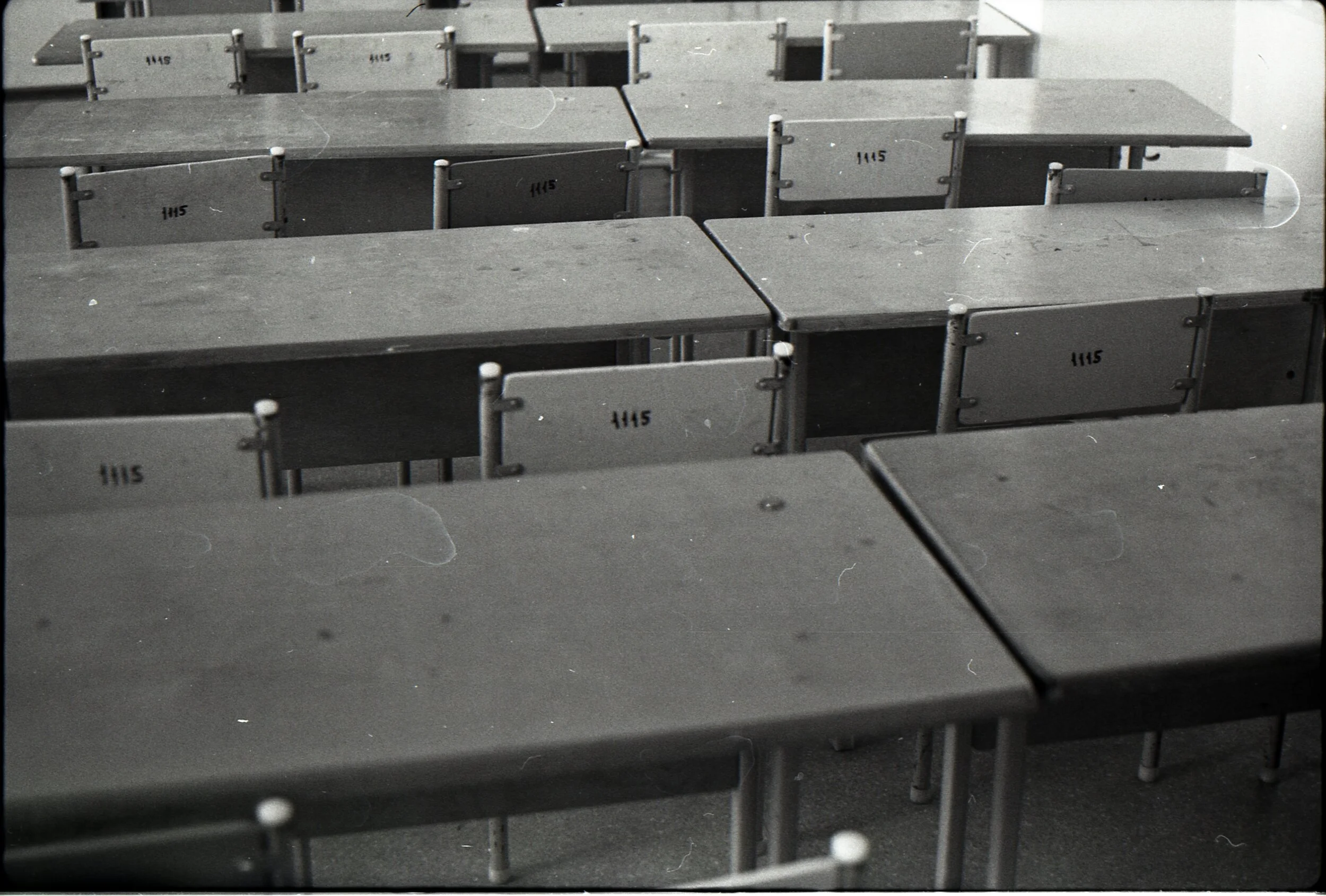The City We Became isn’t simply a jarring attack on white privilege, it’s a necessary nudge towards reality. When Aislyn befriends the Woman in White, the novel’s antagonists become its two white women. By inverting white savior tropes, Jemisin shows how systemic advantages have weakened cities while diversity remains their strengths.




















